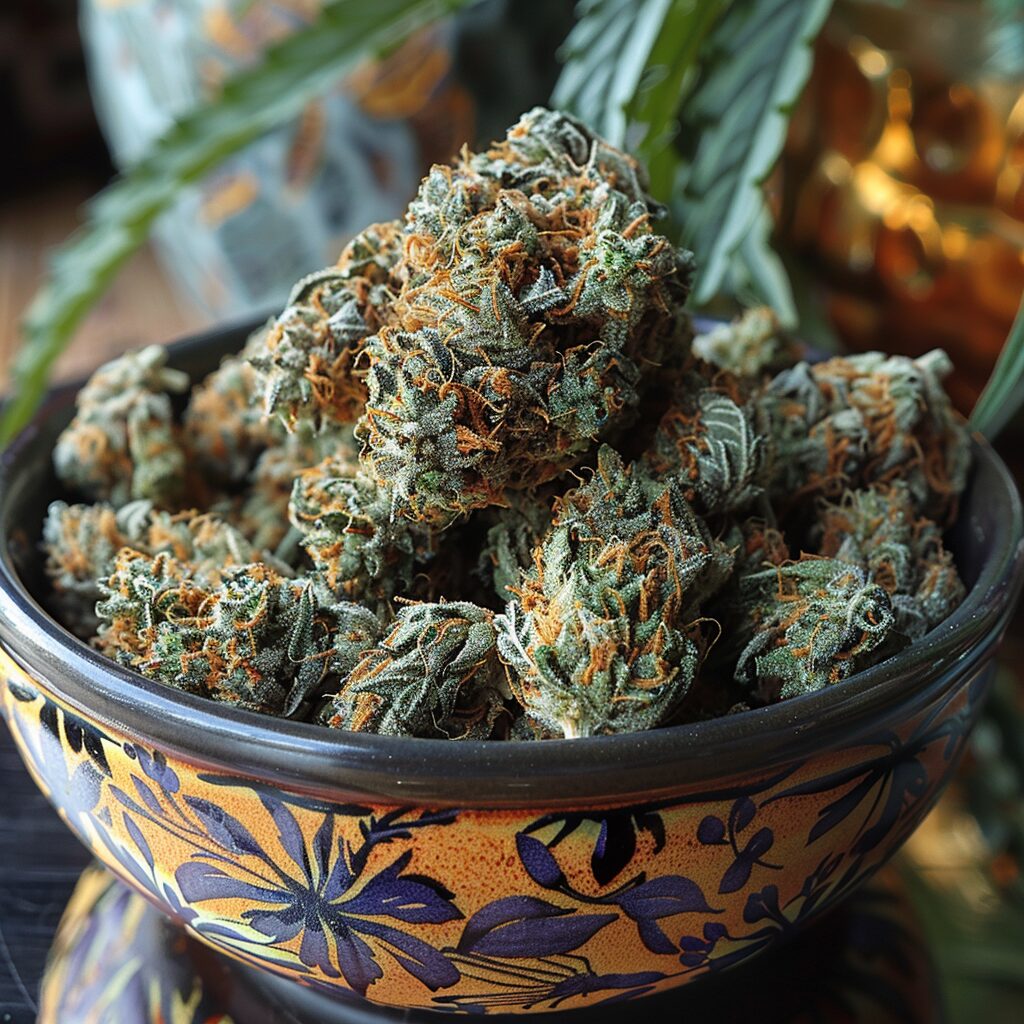People who consume or smoke marijuana may experience the so-called gastrophase. This increased appetite from marijuana is a well-documented effect that THC has on our endocannabinoid system and brain. What exactly happens to our body that makes us feel such a strong appetite and the need to experiment with food after using cannabis?
After consuming marijuana, the appetite for salty snacks, high-calorie, fatty, aromatic and well-seasoned dishes increases. Some people prefer sweets, e.g. ice cream, bars, muffins, and others prefer combinations of all these flavors, which may cause taste dissonance.
What is the effect of this?
Gastrophase has become a permanent part of the marijuana smoking culture. It has gained such a strong position that some places offer the so-called comfort food cuisine, which serves ice cream with unusual flavors, creative versions of pizza and fries with various types of toppings and cheeses.
All this to provide consumers with access to extraordinary nutritional desires. What's more, many of these dishes were created as a result of marijuana consumption and a sudden burst of inspiration, which later gained a much wider group of supporters.
Marijuana's cravings are an effect of THC
Let's look at what this looks like from a biological and physiological point of view. Tetrahydrocannabinol (THC) is the psychoactive ingredient in marijuana. Its effect is based on the impact on our cannabinoid receptors in the brain - CB1 receptors . They are part of the endocannabinoid system, which plays a very important role in regulating appetite, although it also has several other important tasks, e.g. improving concentration or mood.
In addition, THC increases the level of ghrelin , one of the hormones responsible for the feeling of hunger, and neuropeptide Y, which stimulates the appetite, e.g. for carbohydrates. The effect of THC on the hippocampus and nucleus accumbens is also important , because these are the areas involved in feeling reward, pleasure and satisfaction related to food.
These are not the only factors that increase appetite after marijuana. THC affects the senses - taste and smell, which significantly makes the meals eaten more attractive. The stress-reducing factor is also important, especially in people who, as a result, have reduced appetite - marijuana reduces the level of stress, so it reduces the appetite-limiting factor .
What is worth knowing about gastrophosis in medicine?
Some researchers believe that marijuana appetite is one of the evolutionary factors that was supposed to act during periods of reduced meal variety - to increase appetite for seemingly less attractive dishes, but those that allowed survival.
Today, increased appetite after marijuana is a desired effect in many medical marijuana therapies for patients whose diseases cause reduced appetite (cancer, HIV/AIDS). This is to help maintain weight and provide the exhausted body with nourishment. Currently, research on marijuana consumption and the gastrophic effect is also being conducted towards the treatment of eating disorders .
Sources:
Cannabinoids and appetite: food craving and food pleasure, International Review of Psychiatry, 2009 Apr;21(2):163-71.
Endogenous cannabinoids and appetite, Nutrition Research Reviews, 2001 Jun;14(1):65-86.
Should gastroenterologists prescribe cannabis? The highs, the lows and the unknowns, World Journal of Clinical Cases, 2023 Jun 26;11(18):4210-4230.








